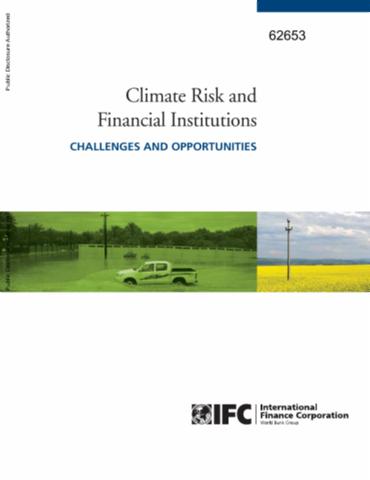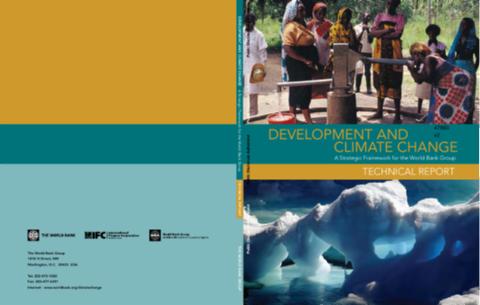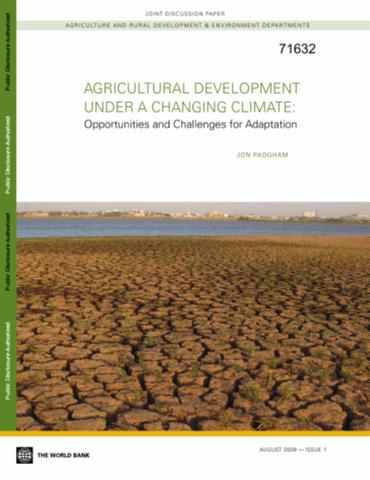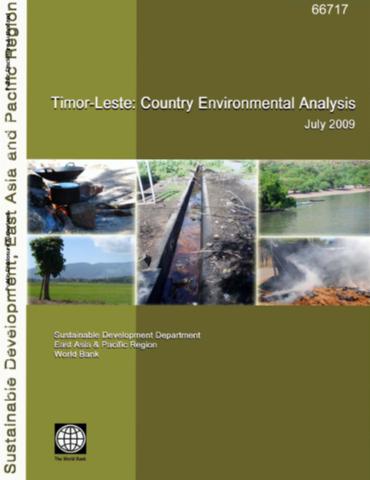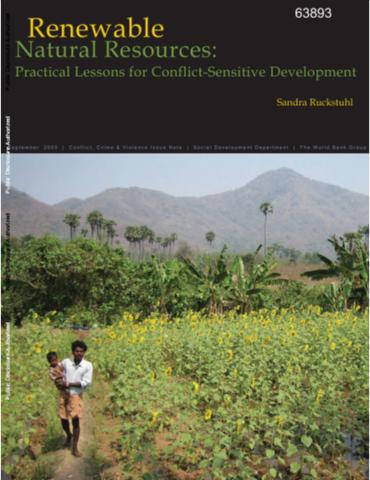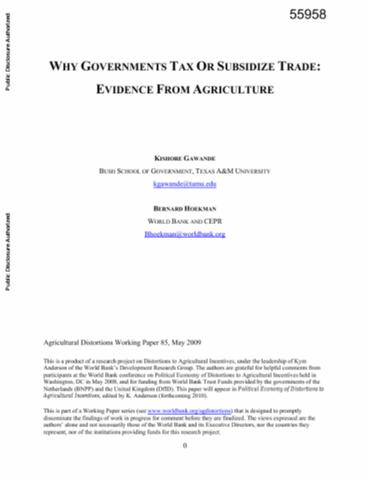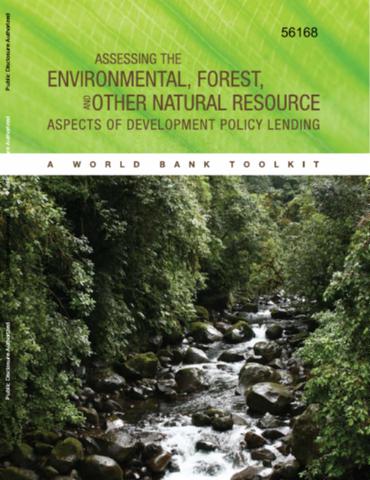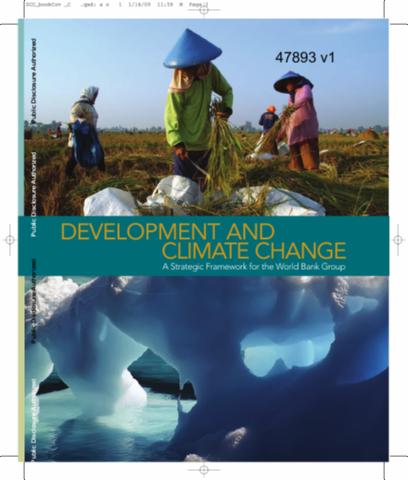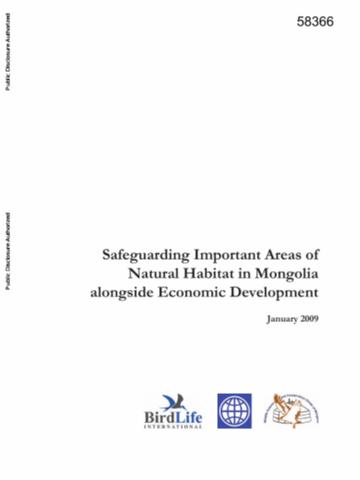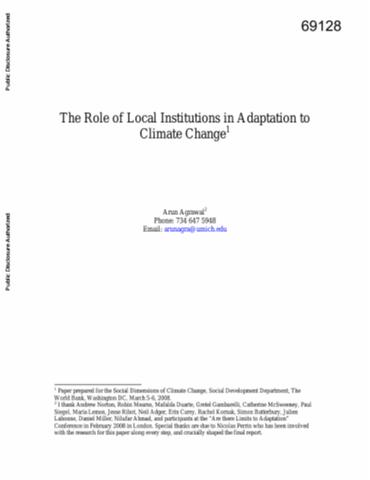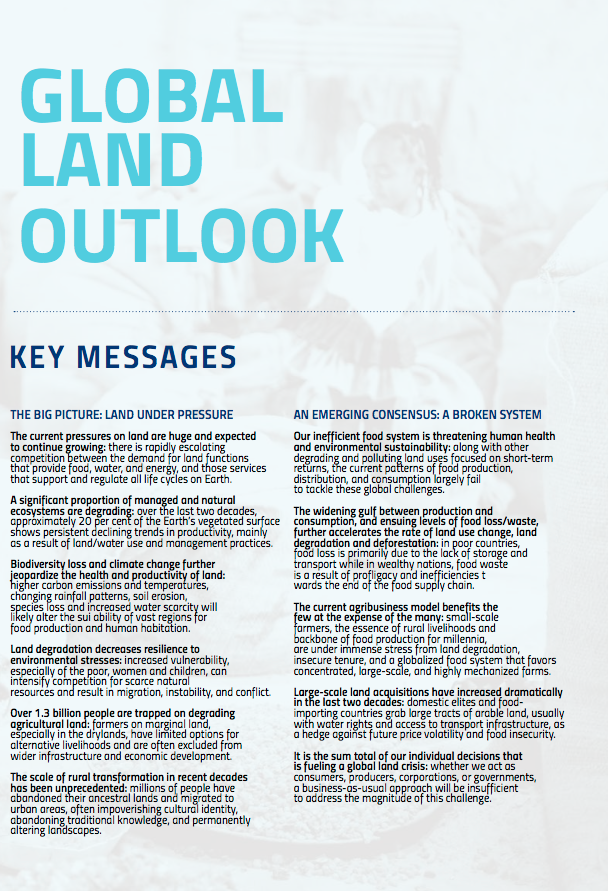Climate Risk and Financial Institutions
This report analyzes in some detail the risks to project finance and the performance of real-sector investments. Options, futures, derivatives, foreign exchange and more exotic instruments are not specifically addressed. The objectives of institutional investors, such as pension funds, include creation of sustained revenues over a long period of time. Clearly, given this long-term perspective, institutional investors need to be particularly aware of growing risks to their investments in climatically sensitive sectors or regions.

